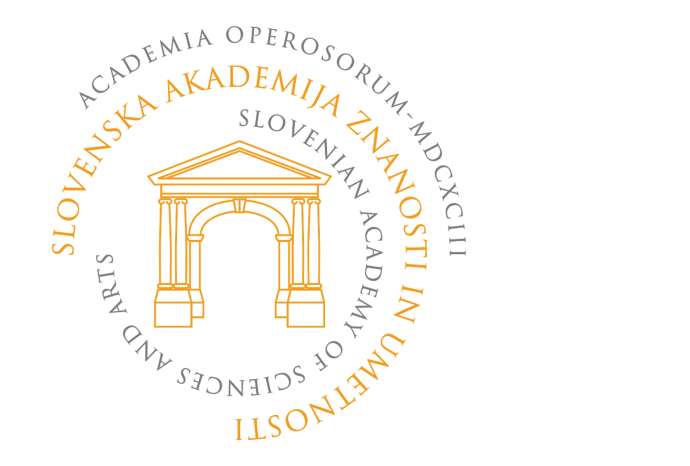STA, 10 August 2022 - The Court of Audit has issued the Slovenian Academy of Sciences and Arts (SAZU) an adverse opinion for its 2020 operations, establishing a number of shortcomings and irregularities regarding jobs, pay, allowances, purchase of services and oversight of funds, while also taking issue with the academy's legal status.
The audit report, released on Wednesday, says that two sets of internal rules were adopted and signed by the administrative director, who is not authorised to do so.
It also reveals shortcomings in the document classifying jobs at SAZU, including failure to specify the number and types of certain jobs at individual organisational unit.
In one vacancy advertisement, SAZU did not set down all the job conditions required for that job, thus lowering the job criteria.
One employee was placed in a higher pay bracket than her starting bracket and was thus overpaid by EUR 100 monthly.
She also received a higher monthly years-of-service allowance, and without an agreement on increased workload, a performance bonus of EUR 4,700.
Two workers meanwhile received full pay despite being unable to do the tasks in line with the employment contract because they worked from home.
Six workers received EUR 822 more than they should in commuting costs.
The court also finds SAZU Day problematic in that it is a work-free day for SAZU staff while they receive pay as usual.
It notes in the report that in Slovenia, a worker has the right to a work-free holiday only on the country's bank holidays and other work-free days set down by the law.
The audit report also identifies a failure to establish adequate internal oversight in awarding funds to SAZU's Science and Research Centre (ZRC).
SAZU did not verify the legal basis and the amount of funds for invoices of at least EUR 5,000 before paying the money to ZRC, says the report.
It also avoided the application of the public procurement act when purchasing printing and publishing services, and purchased software services that were available free of charge.
The court moreover points out the dilemmas regarding the legal status of SAZU and the impact the vagueness has on its operations.
Under the SAZU act, the academy is an autonomous institution of its members and a public legal person with rights and obligations set down in the SAZU law and in the SAZU statute. Conditions for its work and development are secured by the Republic of Slovenia.
The court has issued a set of recommendations for SAZU to eliminate the irregularities and tasking it to report back to it on the progress.
SAZU said it would fully follow the recommendations and would duly report back to the court on the remedial measures implemented. SAZU president Peter Štih also said that most of the flaws found by the court had been tackled in the meantime.







